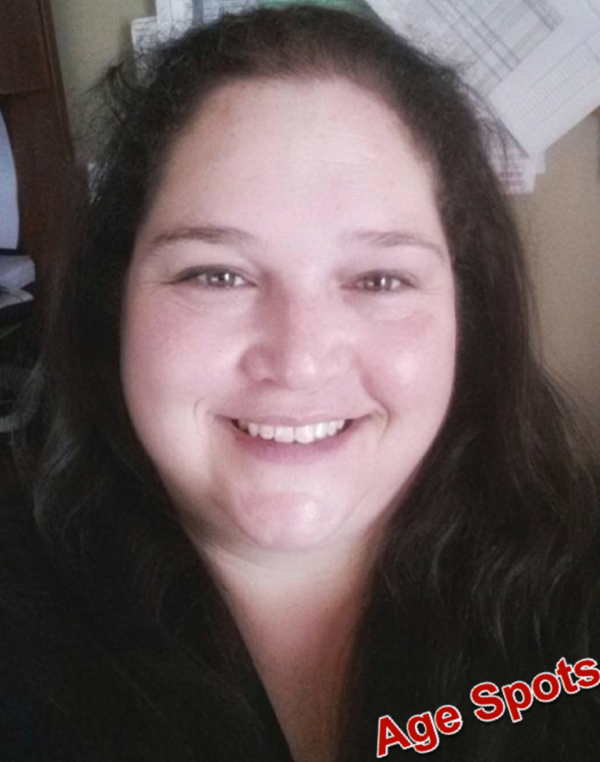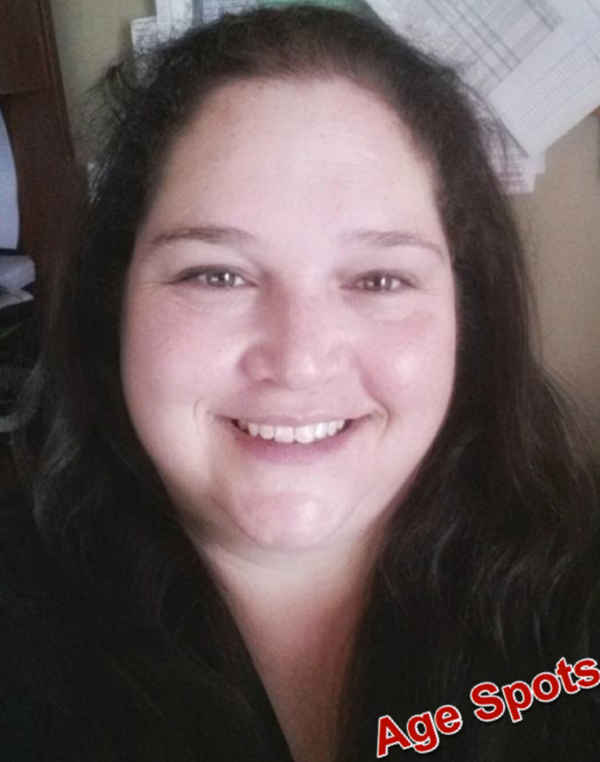
The Center of a Community
Aging Matters covers 18 counties in Southeast Missouri. That is a lot of miles when you need to drive it for meetings, presentations or to meet with clients.
Recently a new employee and I were in Van Buren for a meeting and realized it was time for lunch. If you know me, you know I do not like to miss lunch, but I also wanted something better than a quick fast food stop. We opted to dine at the local Nutrition Center, lucky for me it was fried chicken day. We had a delicious meal of fried chicken, mashed potatoes, salad, veggies and even dessert, all for a very reasonable price. As we sat there enjoying the meal my co-worker stated she was surprised by the bright and inviting dining room and the lively conversations around us, it was not what she had thought a senior center would be.
In the Aging Matters area there are 32 centers that provide over 1.5 million meals a year. That is a lot of food and nutrition going to seniors. These meals are nutritious and menus are overseen by a registered dietician. But meals are really just the beginning of what the centers offer.
According to the National Council on Aging, research shows that older adults who participate in senior center programs can learn to manage and delay the onset of chronic diseases and experience improvements in their physical, social, emotional and economic well-being. That is reason enough to go to your local center, but if not there is a lot of fun things to do.
Nutrition Centers, OAKS or Senior Centers as they are known, have come a long way in the last few years. Many offer educational and informational programs to help keep seniors in touch with programs in their community. They all offer a chance to meet with old friends and develop new friendships and each center offers something unique to the community. From BINGO, to crafting classes, to exercise groups to dances, there is something for everyone at the center. Today’s centers are reinventing themselves to meet the needs of the baby boom generation. Some centers even offer an evening meal and movie. Date night anyone?
If you think senior centers are for old people sitting in rocking chairs all day, think again. Times have changed and so have the centers. Contact your local center today, by phone or on the internet, to see what activities they offer that might interest you. Give them a chance to show you what makes them special. All ages are welcome and you might just be surprised by how much fun you have.
Aging Matters has centers in the following communities:
Arcadia/Signer Bismarck Bonne Terre Campbell Cape Girardeau
Caruthersville Chaffee Charleston Dexter Doniphan
East Prairie Ellington Farmington Fredericktown Hayti
Jackson Kennett Malden Marble Hill Naylor
New Madrid Park Hills Perryville Poplar Bluff Portageville
Puxico Qulin Ste. Genevieve Scott City Sikeston
Van Buren Williamsville

Looking Back, Looking Forward
by Jackie Dover
2016 is finally coming to a close, and it has been a rough year for many. We have seen a very contentious election and the death of several beloved entertainers and many personal losses. The passing of the old year into the new is a great time for reflection and the making of life changes or “resolutions”. The New Year gives us a “new start”, the perfect time to reflect back on the things we did well and the places we need to improve.
I am not a good resolution maker. I set my expectations too high and usually quit before January ends. This year I have set smaller goals for myself, ones that I feel are truly attainable. I will let you know how I progress.
A popular resolution for many is to save money. That can be hard on a fixed income, when it seems everything is rising except the income. Luckily I have some programs that could help.
The Missouri Property Tax Credit or Circuit Breaker program returns a maximum of $750 for renters and $1,100 for owners who owned and occupied their home. The actual credit is based on the amount of real estate taxes or rent paid and total household income.
To qualify for the Circuit Breaker you or your spouse must be 65 as of December 31, 2016 or 100% disabled. Also, those who are 60 or older and receiving surviving spouse social security benefits could qualify. You must be a Missouri resident with total household income of $27,500 or less for a single renter, $29,500 or less for a married couple who rents. If you own your home your income must be below $30,000 if single and $34,000 for a married couple. If you are veteran with 100% service connected disability, your VA payments are not counted as income.
Another way to save is with the Missouri Rx Program (MoRx) this program will pay 50% of your copayments on medicine. The monthly income to qualify for a single person is $1,805 and $2,428 for a couple, there are no asset guideline with this program. And you must be enrolled in a Medicare prescription drug plan.
These are just two easy ways to keep money in your pocket for 2017. If you have questions or think you might qualify, please call Aging Matters at 573-335-3331 or 1-800-392-8771.
I hope 2017 is a very happy, healthy and peaceful for all of us. And that your New Year’s resolutions are kept. At least for a while.

Tis the Season, to be Alert
The Holidays are coming and I for one am very excited about it. I love to cook and bake and watch football and just spend quality time with my family. Luckily for me this year I will have help in the kitchen; my twins are 10 and have already started asking to help bake different things. Other than the mess, we have had great success. Two batches of yeast rolls, some cinnamon rolls and several kinds of cookies, all from scratch. I know who is in charge of desserts at my house this year.
With so many people coming in and out of our homes over the Holidays there is a topic that needs discussion. That topic is drug diversion. Simply put, drug diversion is taking prescription drugs from pharmacies and other legal sources and moving them into the illegal market. Then, the drugs are illegally sold.
Drug diversion matters because it can cost all of us who pay into and use Medicare and Medicaid, and even private insurance. According to the Pharmacy Times, the estimated cost of controlled prescription drug diversion and abuse to both public and private medical insurers is approximately $72.5 billion a year. That is a lot of money. And the cost is not just in dollars, but also in productivity and lives.
Many people think prescription drugs are safer than illegal drugs – but they are safe ONLY when they are taken exactly as prescribed. Annually, more than a million people end up in the emergency room for taking prescription drugs incorrectly. More than 40 people die daily from the misuse of prescription painkillers. That’s more than the number of people dying from using heroin and cocaine combined.
It’s against the law to divert drugs—you can go to jail for it. But, it happens.
Drug diversion can happen when someone goes to more than one doctor to get the same prescription too often. It also can happen when someone steals, or when someone buys medications from other people. It can also happen when someone illegally signs or changes a prescription.
There are some ways that you can prevent drug diversion:
Use drugs as prescribed by your doctor.
Count your medicine before you leave the pharmacy.
Safeguard all your prescriptions and prescription medications, there are medicine lock boxes to secure your prescriptions.
When your doctor changes your prescriptions, make sure that you safely get rid of unused portions. Ask your pharmacist about how to do that. Some Police and Sheriff Offices have a drop box to put old prescriptions in.
Report suspected drug diversion and other Medicare fraud or abuse to the Missouri Senior Medicare Patrol at (888)515-6565. SMPs are funded through the U.S. Department of Health and Human Services, Administration for Community Living, Administration on Aging.
Be on the alert and know where your medicine is and who has access to it. Sharing many things around the Holidays is a great idea, but sharing medicine is never a good thing. If you have recipes for a couple of 10 year olds, you can share those. Enjoy all the wonderful food, football and family and stay safe this Holiday Season!

Delegates to the Silver Haired Legislature
Choose Their Priorities For 2017
The 43rd Annual Conference of the Silver Haired Legislature took place at the State Capitol in Jefferson City on October 18, 19, and 20. The 118 delegates in attendance chose their Top Five Priorities and formulated plans to advocate for Senior issues during the coming legislative session.
After spirited debates in the Legislative chambers, the delegates chose these issues as their Top Five Priorities for the 2017 legislative session:
Senior Services Growth and Development Fund
Increase funding for the Home Delivered and Congregate Meals provided by
Area Agencies on Aging
Expand Mo HealthNet (Medicaid)
Provide financial assistance to seniors for medically necessary hearing aid devices, vision services, and dental care through MO HealthNet (Medicaid)
Reauthorize funding for MoRx Program
Anyone interested in learning further details about the priorities of the Silver Haired Legislature is encouraged to call or e-mail Jackie Dover, Aging Matters at 1-800-392-8771 or jdover@agingmatters2u.com.
Missouri’s Silver Haired Legislature was founded in 1973, the first in the nation after the Older Americans Act was amended to include advocacy groups. The SHL is composed of fifteen volunteers from each of the ten statewide Area Agencies on Aging. These 150 senior advocates, elected by their peers, identify and advocate for issues critical to older Missourians.

It’s That Time Again, Medicare Part D Open Enrollment
by Jackie Dover
Every year I look forward to the major events of the year; Independence Day, Thanksgiving, Christmas and Medicare Part D Open Enrollment. I know that last one is not on everyone’s calendar, but it should be.
Medicare Part D Open Enrollment begins October 15 and ends on December 7 every year, with the new drug plans taking effect on January 1 of the following year. The importance of the open enrollment period is that it gives Medicare beneficiaries the opportunity to compare the coverage they have with other available plans to determine if the changes to their plan are ones they find acceptable.
Medicare drug plans change every year and sometimes the changes are shocking. The costs of the plan including the monthly premium and the deductible can go up or even down. The plans can change what medicines they cover, what tier the medicines are on and even the co-pays for each medication.
It is always a good idea to at least look at what is available even if the plan you have was great this year. All beneficiaries will receive an Annual Notice of Change (ANOC) before open enrollment begins. This information will show what the plan you are in will look like for next year. Open enrollment also gives those who opted out of drug coverage an opportunity to get into a drug plan. Open enrollment also allows beneficiaries to get in or out of Medicare Advantage plans.
The process is the same for anyone who needs help this open enrollment. Call our office to schedule an appointment or we can send out an open enrollment worksheet that can be sent back to us. We will need your zip code, list of medications and the pharmacy you prefer to use. This information will allow us to determine which plans will cover your medicine at the best cost.
We also use this time to screen for any of the extra help programs that help pay for the different parts of Medicare. A single person who makes $21,660 or less per year and a couple who make $29,140 or less per year could qualify for some extra help.
Please call Aging Matters to schedule an appointment or for more information, 1-800-392-8771 or locally 335-3331.

